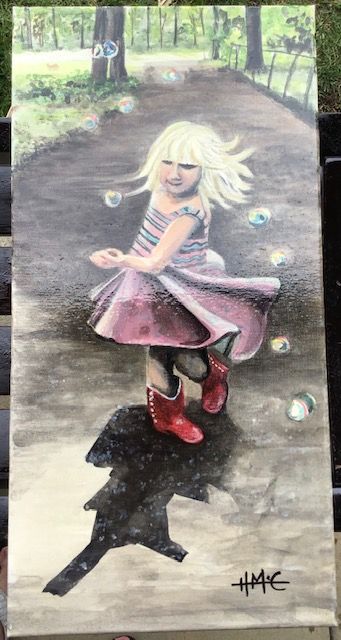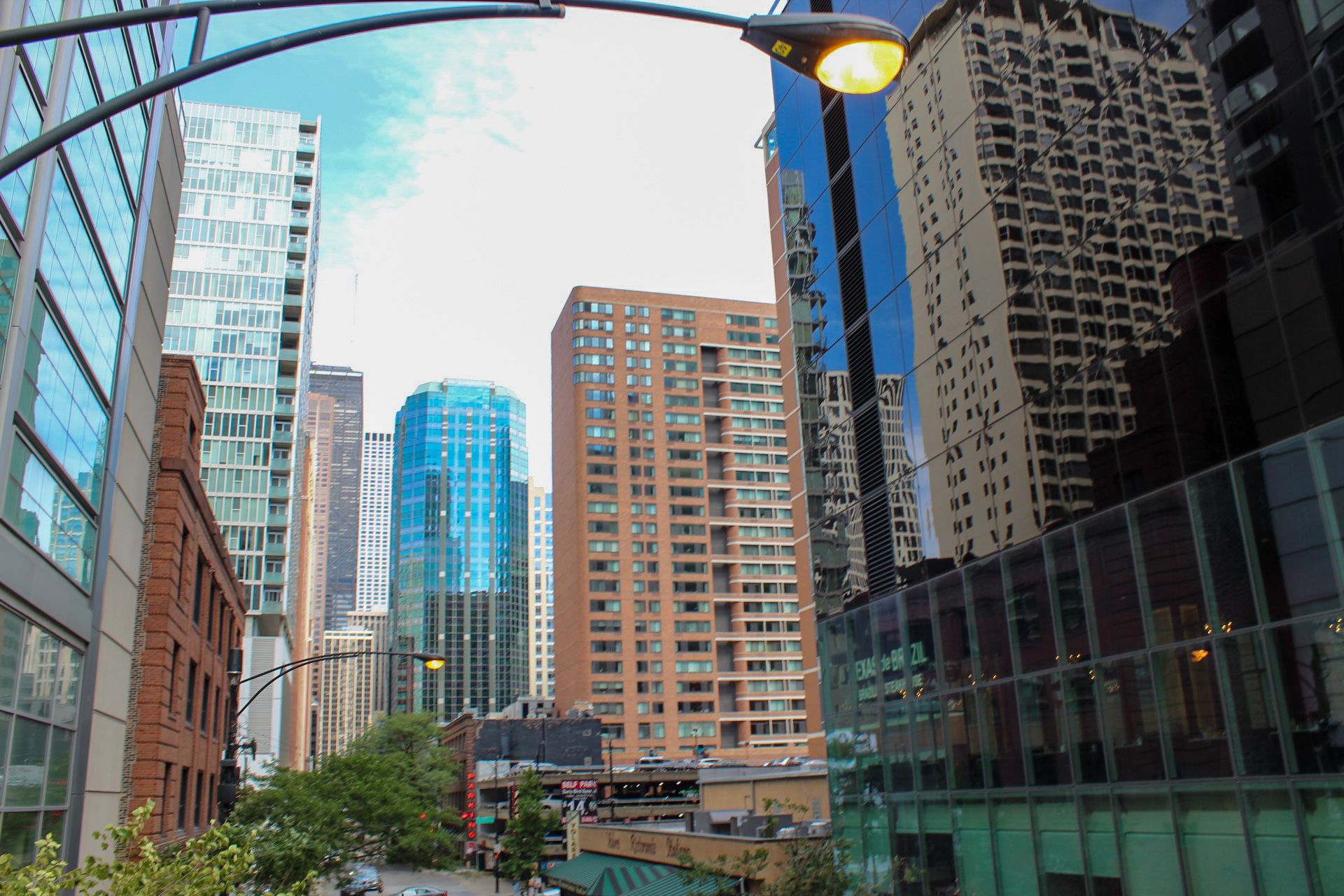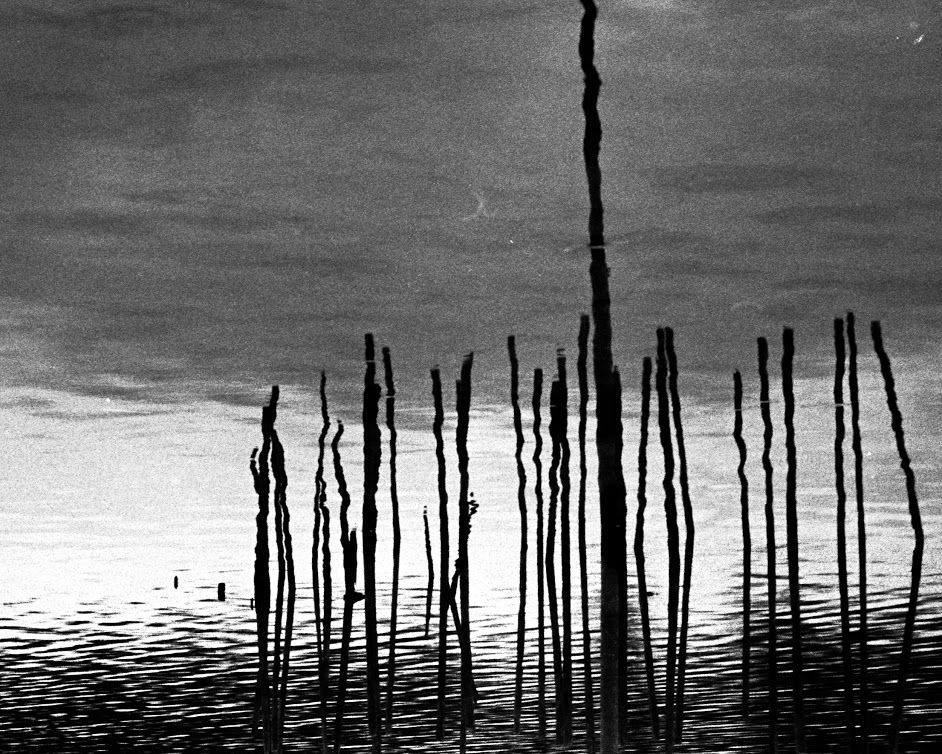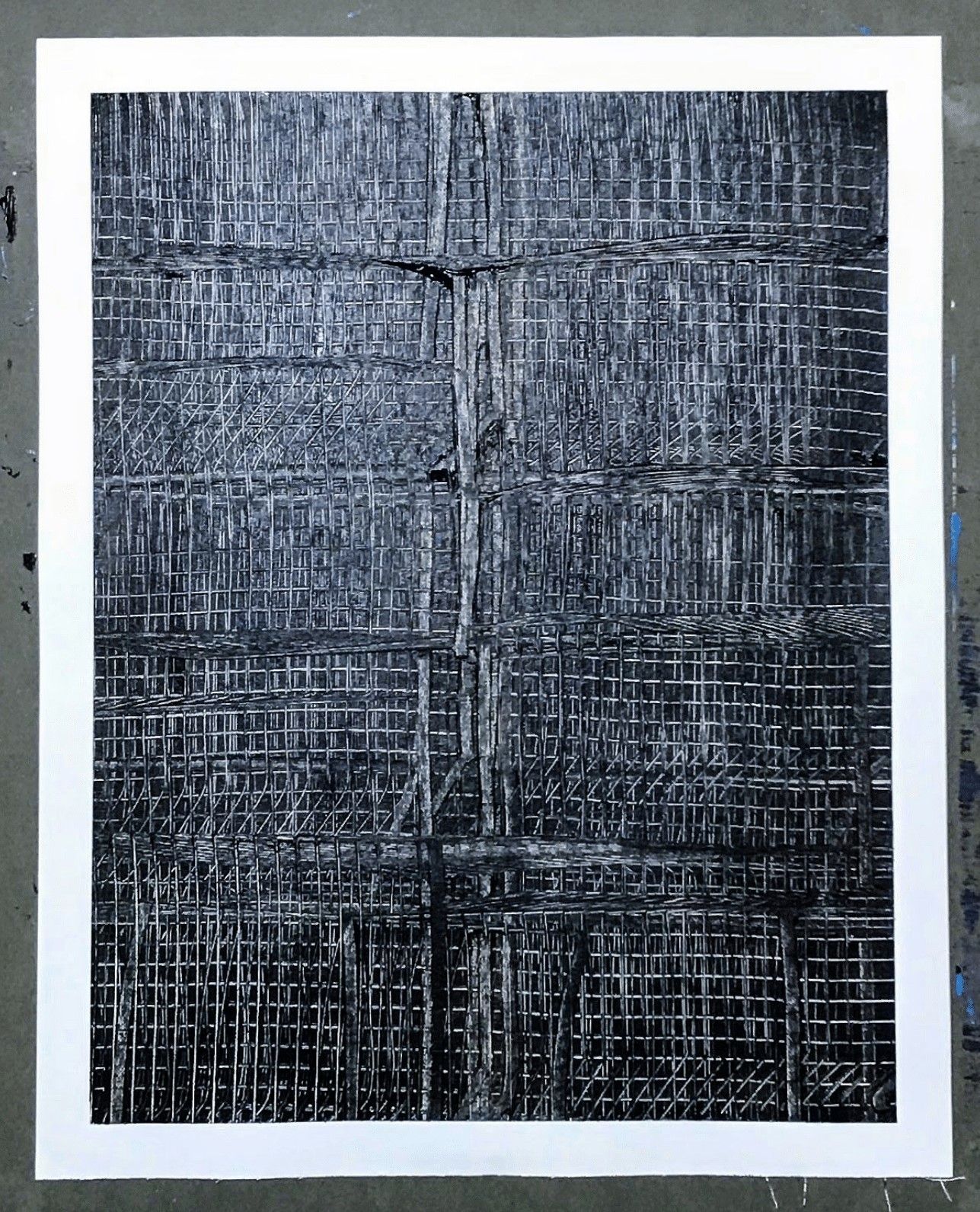Quarantine/SSRI Dreams Nos. 1, 2, 4, 5, 6, and 8
1.
I dreamed that I wrote
a poem
for someone inappropriate
who needed
one.
I dreamed that they later
shared it
with the world and it felt ok
with everyone
but me.
2.
Sometimes a sprawling
resort on a cliff where
I do not belong and live
in shadows, sprints, and
confidence.
4.
There is another country
I travel to in some dreams.
There is an airport in my
shadowland I have spent
many days running late to,
many days on a train to.
I wonder if I am on my way
to someone else’s shadow
and all of our ports and all
of our trains look the same
and we will never grant each
other entry, asylum, bondage.
5.
I will swim up
and down the floors
of the house I
grew up and learned
everything important in.
I find your corpse
floating in the attic
I don’t remember
you ever visiting.
6.
Like a cathedral cut from stone
my favorite exhibit in a museum
of the other country I visit in my
dreams appears before me with
heights and depths I can never
hope to absorb or comprehend.
8.
I move through the levels, mansions, and
rooms like Kowloonon
on the run in my other country with dank
flower sweating in hand.
If I could smell it would be Genoa docks
and wine breath.
If I weren’t saving the terpenes these legs
would never move.




